
If Your Feet Swell It Is a Clear Sign
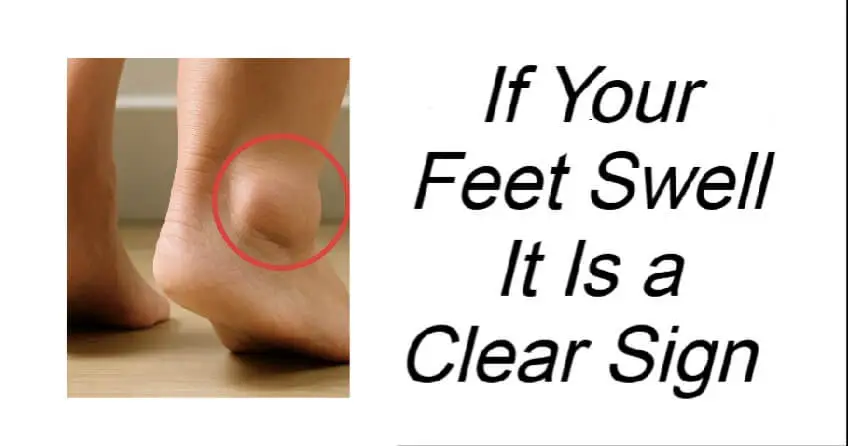
Whether you’ve spent hours on your feet, endured a hot day, or indulged in a salty meal, swollen feet can strike unexpectedly. Though often harmless, this uncomfortable condition—known medically as edema—can be your body’s way of asking for attention. The good news? Most swelling is temporary and can be treated easily at home using simple, natural methods.
What Causes Foot Swelling?
Swelling occurs when excess fluid accumulates in the tissues of your lower extremities. This can happen for many common and typically non-serious reasons:
-
Heat exposure, which causes blood vessels to expand
-
Poor circulation, often linked to inactivity or long periods of standing
-
High sodium intake, from salty snacks or processed foods
-
Pregnancy, due to increased pressure and hormonal shifts
-
Certain medications, such as those for high blood pressure or diabetes
-
Dehydration or being sedentary for too long
In most cases, the swelling will resolve on its own. However, if it persists, becomes painful, or is accompanied by other symptoms, it might be a warning sign of a more serious health issue—such as problems with the kidneys, heart, veins, or lymphatic system. Don't ignore persistent symptoms; speak with a medical professional if you're concerned.
6 Natural Remedies to Reduce Swelling at Home
1. Cold Compress for Instant Relief
Apply a cold compress or an ice pack (wrapped in a thin towel) to your feet for 15 to 20 minutes. Cold reduces inflammation, constricts blood vessels, and can offer quick, soothing relief—especially helpful after a long day on your feet or in hot weather.
Bonus Tip: A frozen bag of peas works just as well in a pinch!
2. Elevate Your Legs
Lying down and raising your legs above your heart level can help gravity do its job, encouraging fluid to flow back toward your upper body and reducing swelling naturally. Try this for 20–30 minutes using a stack of pillows or resting your legs against a wall.
Doing this daily can also help prevent recurring swelling.
3. Soothing Foot Soak with Epsom Salt
A warm water soak with Epsom salt helps draw out fluids and relax your muscles. Soak for 15–20 minutes and optionally add a few drops of lavender or chamomile essential oil for a calming effect.
Epsom salt contains magnesium, which may help reduce inflammation and promote better circulation.
4. Hot–Cold Contrast Therapy
This hydrotherapy method stimulates blood flow and promotes lymphatic drainage:
-
Soak feet in warm water for 3–5 minutes
-
Switch to cold water for 30–60 seconds
-
Repeat the cycle for 15–20 minutes
The alternating temperatures help your blood vessels expand and contract, flushing out excess fluid and toxins.
5. Boost Your Nutrient Intake
Certain nutrient deficiencies—especially magnesium, vitamin E, and omega-3 fatty acids—can worsen water retention. Support your body with:
-
Leafy greens (spinach, kale)
-
Avocados and bananas
-
Almonds and walnuts
-
Fatty fish like salmon or sardines
Always consult your doctor before beginning any supplement regimen, particularly if you are on medication or have a chronic health condition.
6. Massage with Essential Oils
Massaging your feet using a mix of carrier oil (like coconut or almond) and a few drops of peppermint, cypress, or rosemary essential oil can improve circulation and reduce swelling.
Use upward circular motions from your toes toward your calves. Even 5–10 minutes daily can make a difference.
Self-massage is also a great way to wind down and reconnect with your body.
Lifestyle Changes That Help Prevent Swelling
✅ Eat Smart
Reduce your intake of:
-
Salt and processed foods
-
Alcohol and caffeine
Instead, focus on foods that support hydration and fluid balance, like:
-
Cucumbers, watermelon, and citrus fruits
-
Potassium-rich foods like sweet potatoes, lentils, and leafy greens
These can help your body eliminate excess sodium and maintain proper electrolyte balance.
✅ Stay Hydrated
Ironically, not drinking enough water can cause your body to retain more fluid. Aim for 8–10 glasses per day, or more in hot weather or if you're active.
✅ Try Herbal Teas
Natural diuretics like dandelion, parsley, or nettle leaf teas gently encourage the body to release excess fluid without the harsh effects of medication.
Note: Avoid if you have kidney issues or are on diuretics—consult your doctor first.
✅ Wear Supportive Shoes
Avoid tight shoes, narrow toe boxes, or high heels that restrict circulation. Choose comfortable, breathable shoes with good arch support and a roomy fit. If needed, size up by half a size to accommodate occasional swelling.
Compression socks may also be helpful if you spend long hours sitting or standing.
When Should You Be Concerned?
See a doctor if swelling is:
-
Persistent, lasting several days with no relief
-
Accompanied by pain, redness, heat, or fever
-
Localized to one foot or leg
-
Associated with shortness of breath or chest pain
These could be signs of a more serious issue such as deep vein thrombosis (DVT), heart failure, or kidney problems—all of which require immediate medical attention.
Final Thoughts
Swollen feet might be a common nuisance, but they’re not something you have to live with. In most cases, making a few mindful changes to your diet, lifestyle, and daily routines can provide fast, natural relief.
So tonight, why not elevate your legs, enjoy a warm foot soak, or sip some herbal tea? Your feet work hard for you every day—give them the care they deserve.
News in the same category

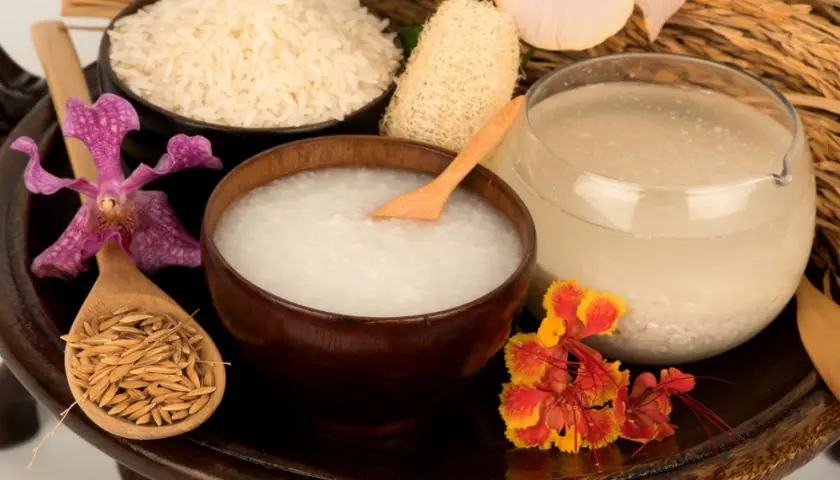
How to Use Rice Water for Gorgeous Hair and Skin (Detailed Instructions)

Beware: U.S. Salmon May Be Crawling with Japanese Tapeworm, Say Scientists

3 Morning Symptoms That May Signal the Onset of Canc3r

"8 abnormal signs warning of c3rvical canc3r that women need to recognize early"

If you don’t correct these 5 harmful eating and drinking habits right away, sooner or later your esophagus will also be “ravaged” by cancer cells.

Nose Picking What This Taboo Habit Really Reveals About Us
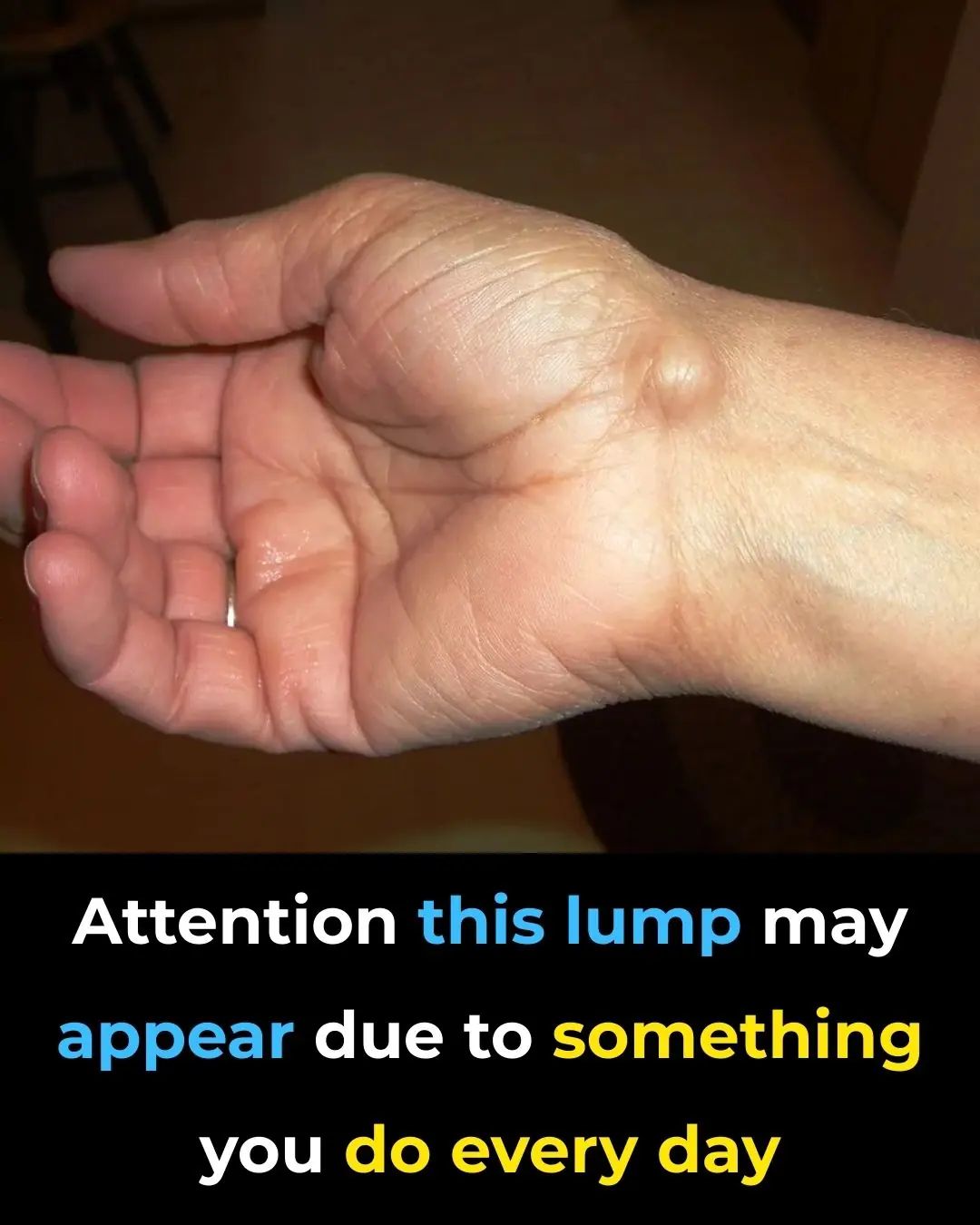
Everyday Habits That Can Cause a This Issue To Your Hands
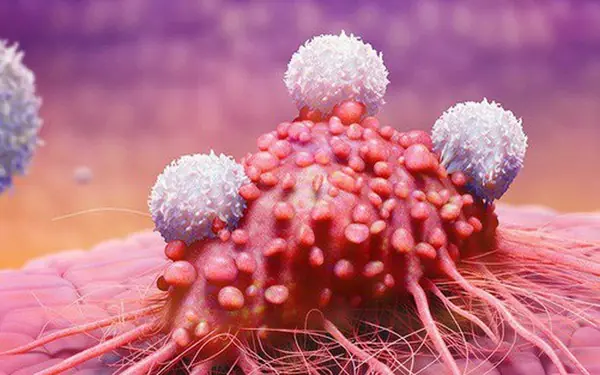
Why Liver Cancer Is Often Detected Late – Important Warning Signs You Shouldn’t Ignore
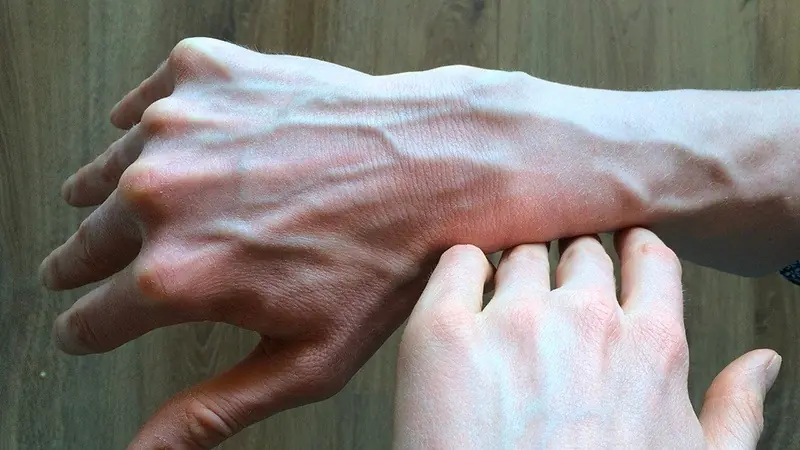
If You See Someone with Prominent Green Veins, Make Sure to Tell Them This – It Could Save Their Life
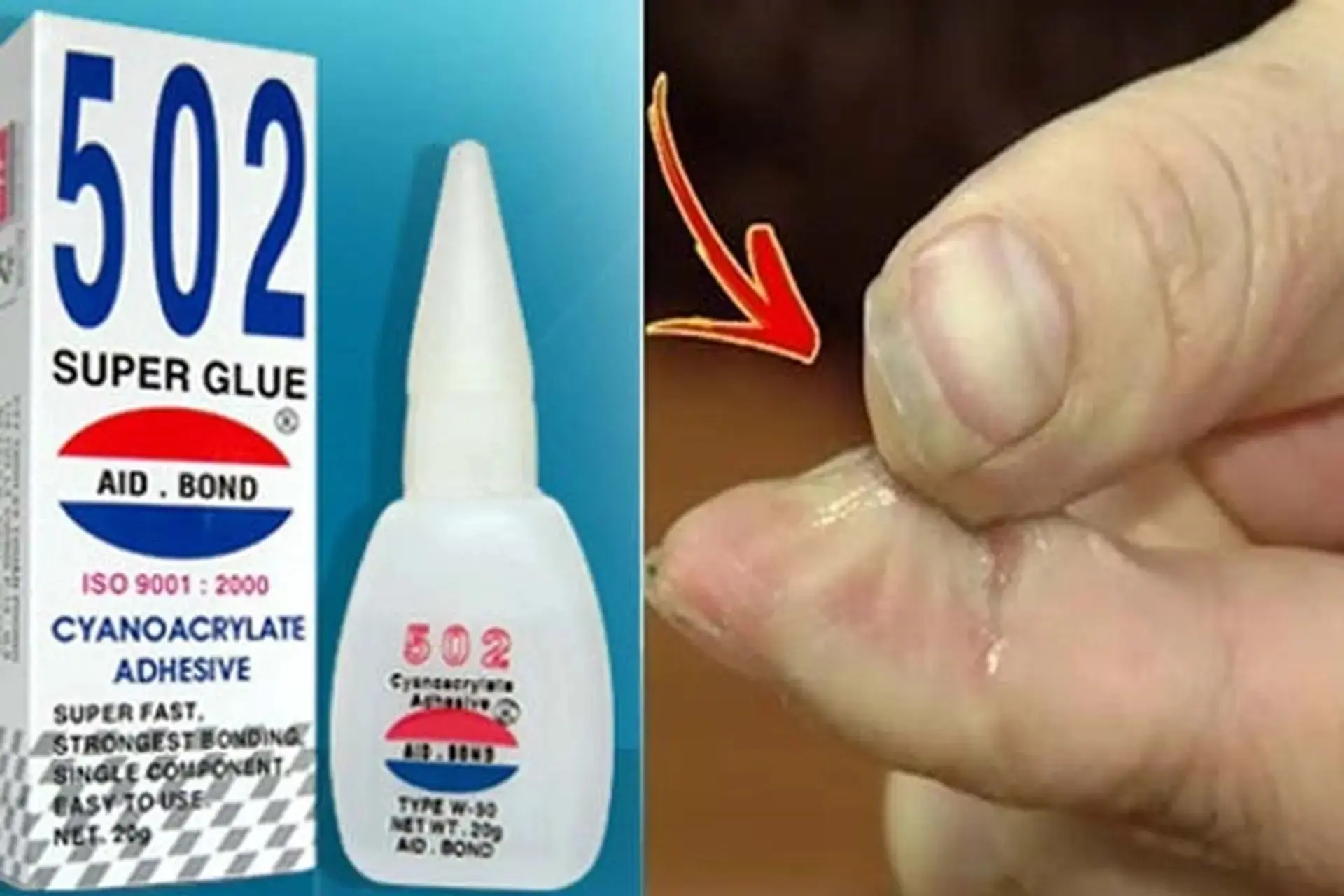
How to Safely Remove Super Glue (502) from Your Skin Without Tearing It
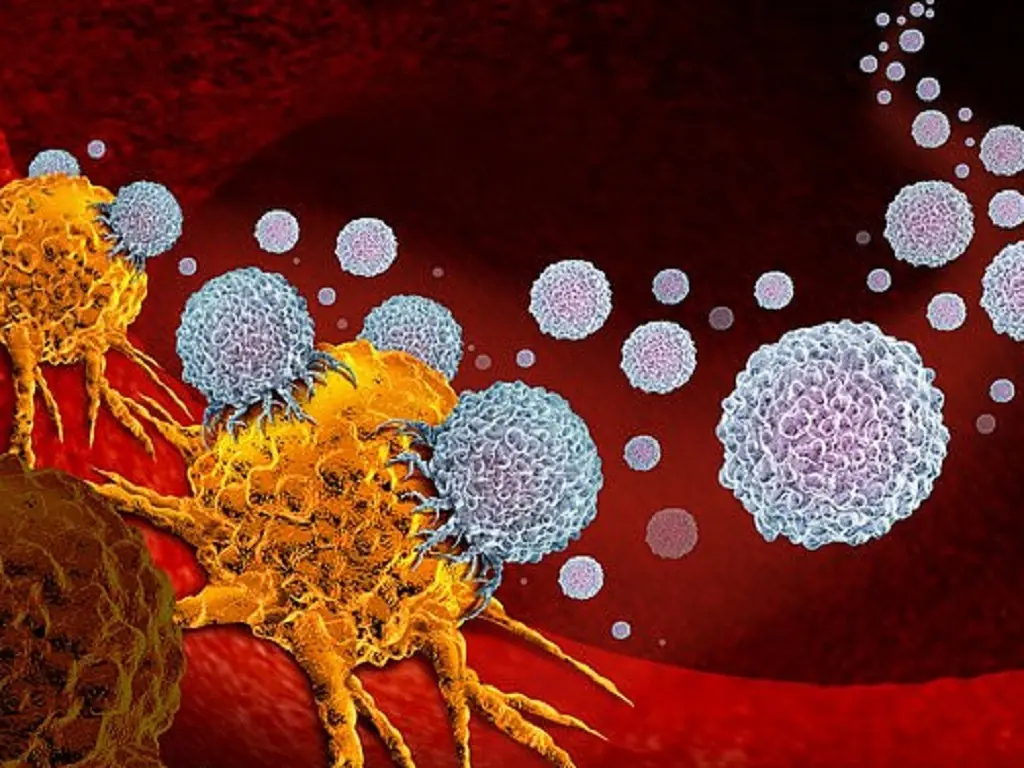
3 Unusual Signs in the Neck That Could Be Symptoms of Cancer – Don’t Ignore Them!

Consciousness Is Not Confined to the Brain, But Is Connected To The Whole Universe, Scientists Say

Study Finds People With ADHD Listen to Music Differently—Here’s How

Can I Get My Metabolism Back After Stopping Lexapro and Prozac?

8 Foods High in Inulin to Eat for Better Gut Health

Proven Health Benefits and Uses of Thyme and Thyme Tea
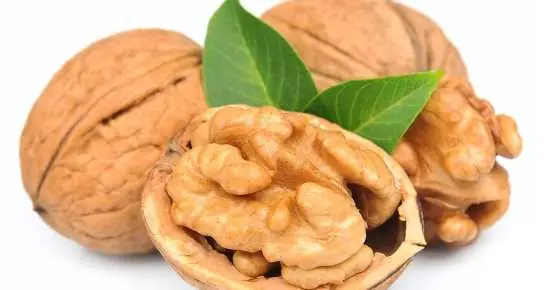
Proven Health Benefits of Walnuts, How Many to Eat, and More (Science Based)
News Post

Why Your Legs Cramp at Night (And How to Fix It)

How to Use Rice Water for Gorgeous Hair and Skin (Detailed Instructions)

Beware: U.S. Salmon May Be Crawling with Japanese Tapeworm, Say Scientists

The Benefits of Chicken Feet Stewed with Black Beans – As Powerful as Ginseng

There are many cuts of beef, but only these 3 are considered the true “essence” – both chefs and butchers wholeheartedly agree!

Colon Cleansing: How to Naturally Flush Your Colon at Home (Science-Based)

Put this into a lemon and place it in the corner of your house – mosquitoes will stay away for good

3 Morning Symptoms That May Signal the Onset of Canc3r

"8 abnormal signs warning of c3rvical canc3r that women need to recognize early"

If you don’t correct these 5 harmful eating and drinking habits right away, sooner or later your esophagus will also be “ravaged” by cancer cells.

Is Your Air Conditioner Outdoor Unit Making Loud Grinding Noises? Use This Simple Trick to Make It Run Quietly Without Calling a Technician!

Urgent warning issued to travelers as China takes ‘covid measures’ after reporting 7,000 cases of Chikungunya virus

3 Effective Ways to Prevent Snakes from Entering Your Home Everyone Should Know to Protect Their Family

Signs to look out for amid Gordon Ramsay's health warning after undergoing cancer surgery
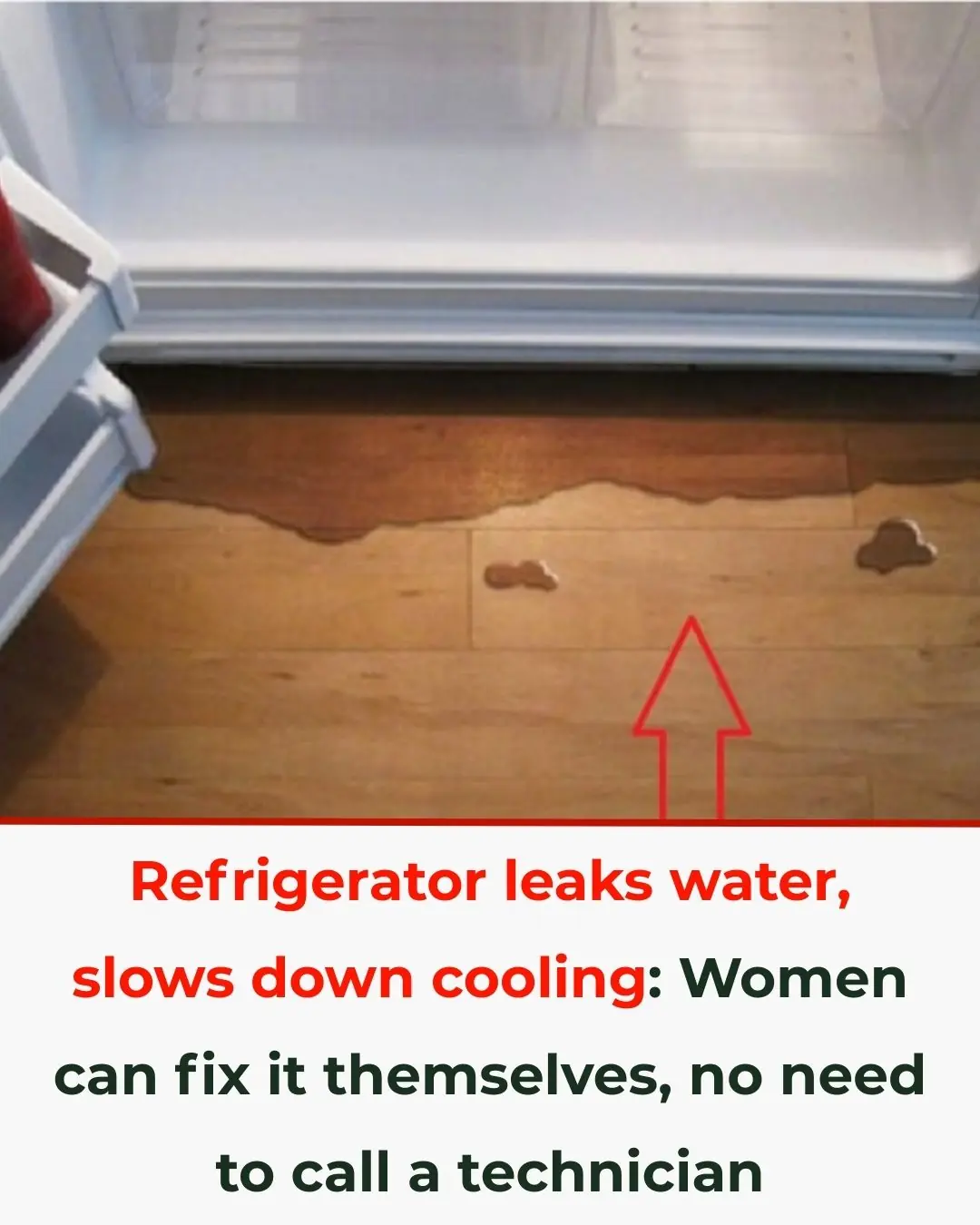
How to Handle Common Refrigerator Problems and a Surprising Lesson from American Toilet Habits

Why Doors in Public Bathrooms Don’t Reach the Floor

Nose Picking What This Taboo Habit Really Reveals About Us

Everyday Habits That Can Cause a This Issue To Your Hands
